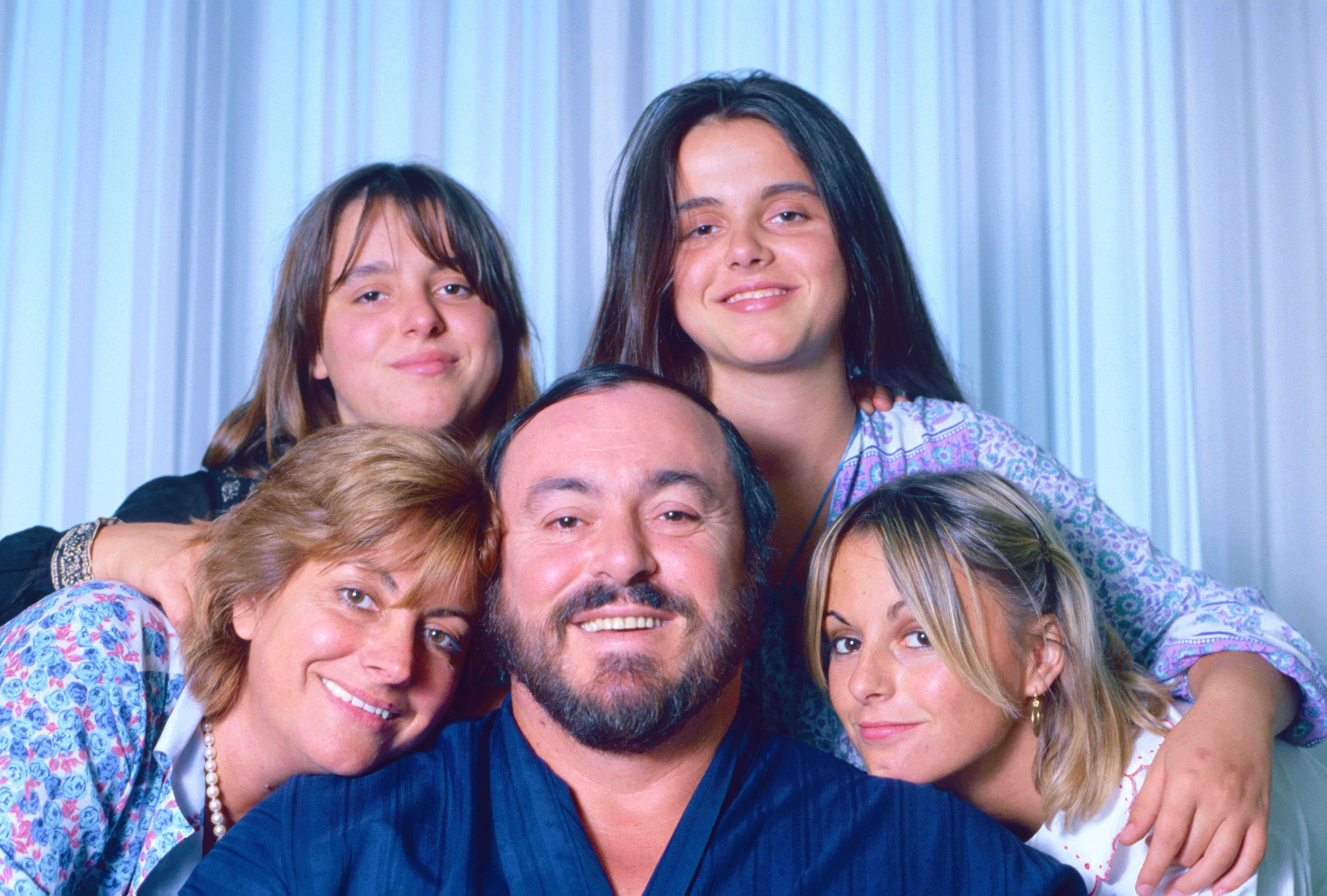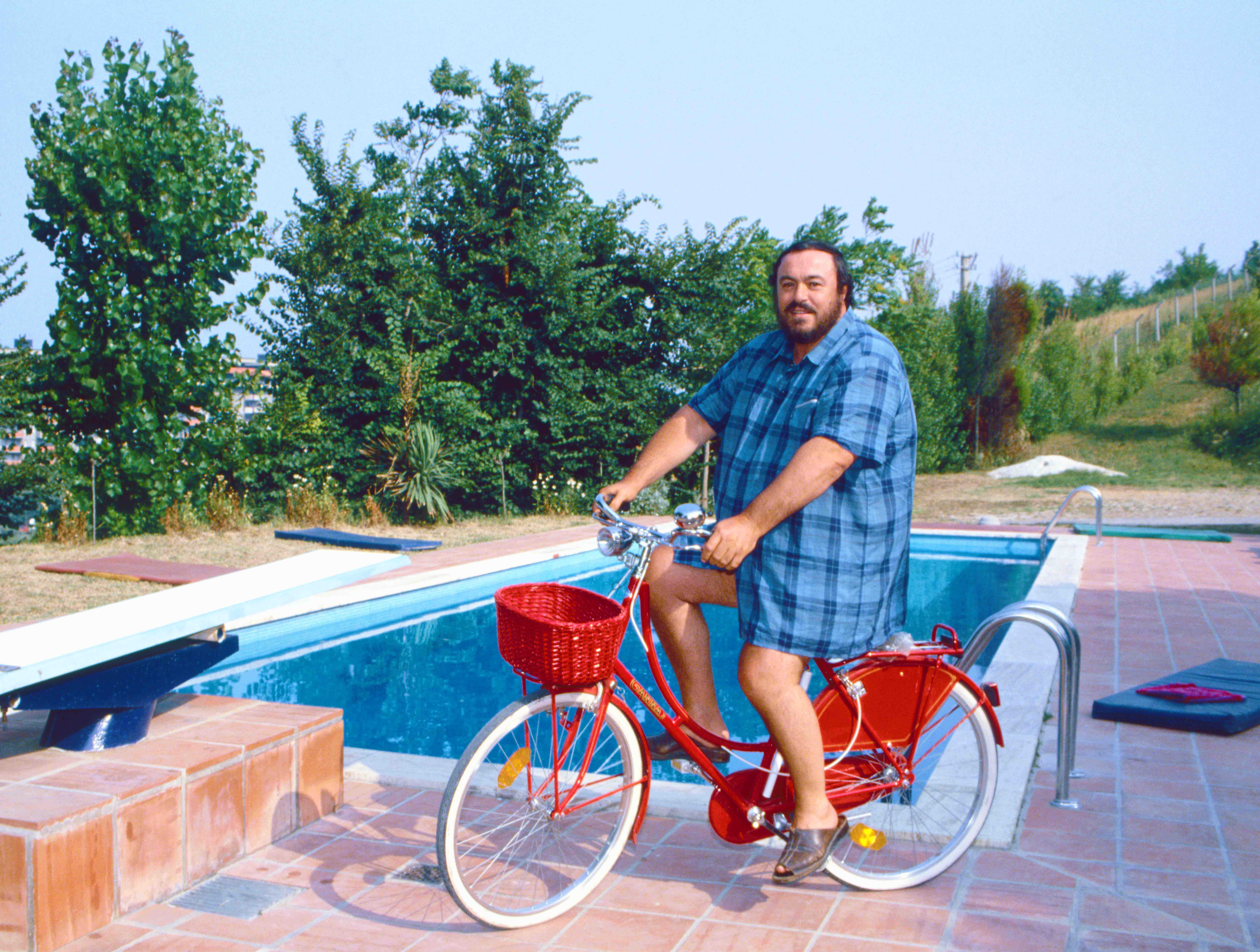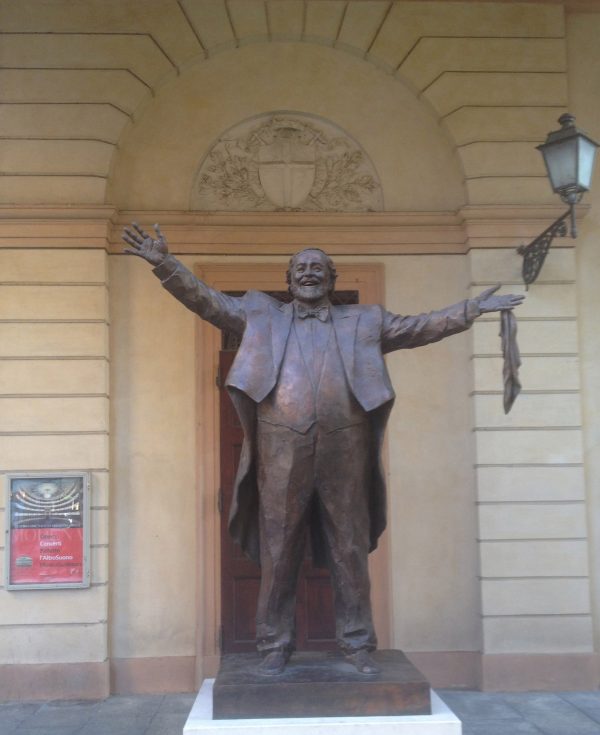I recently saw a well-researched documentary about the life of Luciano Pavarotti, the Italian tenor who popularized the art of opera all over the world, and passed away in 2007. Pavarotti, expertly directed by Ron Howard, features interviews with his second wife, Nicoletta, with whom he had a daughter, Alice (born January 13, 2003), his first wife Adua, his three older daughters, Lorenza, Cristina, and Giuliana, his personal assistant, soprano Madelyn Renee, Plácido Domingo and José Carreras, who sang many concerts with Pavarotti as The Three Tenors, Bono of U2, who participated in the benefit concerts “Pavarotti and Friends” held in his hometown of Modena.


I was reminded of when I first met Luciano, backstage at the Pasadena Civic Auditorium after his recital (September 27, 1979). He welcomed me with his usual expansive embrace as a fellow citizen from Modena, he remembered my father, Enzo Leonelli, as the founding coach of the Minelli volleyball team, Italian national champions in the 1950s. He invited me to his upcoming performance as the Duke of Mantua in Rigoletto by Giuseppe Verdi, at the Lyric Opera in Chicago, and to photograph him cook spaghetti on The Phil Donahue Show. I took portraits of his entire family, while he was in Los Angeles shooting the romantic comedy Yes, Giorgio (1981), I photographed him at his home in Modena with his parents, mother Adele and father Fernando, and at his beach house in Pesaro.
Here are some quotes from our 1981 interview:
“The secret to cook spaghetti al dente is that you have to taste the spaghetti when they are cooking. If people read on the box, 8 minute to cook, it doesn’t mean anything, because if the fire is high it will take 6 minutes, if the fire is low probably 12 minutes. So you have to taste the pasta.”
“The male talking voice is the baritone, the female talking voice is the mezzo-soprano. Everything else is a deviation. And the tenor is the most unnatural voice of all, because it is wide and controlled. Since I was a kid, the tenor voice always gave me the impression of being in front of a tiger who seduces you, but you are scared of it.”
“It was always my dream as a child to become a tenor, because my father had a tenor voice. But I never planned to do this kind of career, because my father always said, “Remember, it is very difficult.” In fact, I did study to become a teacher for elementary school, but then, when I was 19, my mother said, “I think you should try to sing.” So it was the fault of my mother, and she won, as mothers always do all over the world.”

While in Italy covering the Pesaro Film Festival, I spent a few days in Modena and I visited the Casa Museo Luciano Pavarotti, opened in 2015 in the house that he built in 2005, and saw the full size statue erected in his honor in 2017 at the entrance of the historic 19th century theatre named after him in 2007.
For more info about Modena, read my article in this magazine
Don’t miss this documentary, released in theaters by CBS Films June 7, playing at the Laemmle Royal. In Italy Pavarotti will premiere in October at the Roma Film Festival.
